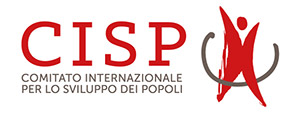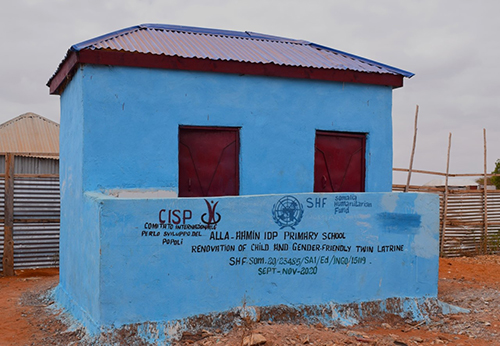MAPS
Migration and Access to Protection and basic Services: integrated interventions on the Eastern Migratory Route – Ethiopia
The project was implemented in a crucial geographical area for migratory flows in Ethiopia, where potential migrants,including the most vulnerable categories: (women, victims of trafficking and unaccompanied minors) transit, depart or return. The situation, aggravated by the COVID-19 pandemic and internal conflict in Ethiopia, has further increased the vulnerability of these target groups. Implementing specific protection measures and improving coordination between institutions and civil society organizations was urgently needed in order to reduce the risks of exploitation, trafficking and lack of basic necessities for the most vulnerable.
MAPS acted as a guidance tool for people on the move, providing protection, psychosocial support, basic necessities, medicines and medical aids. The project aimed to facilitate access to basic services for the most vulnerable categories, overcoming the obstacles that prevented them from benefiting from the necessary support and offering alternatives to irregular migration. Training and start-up actions were carried out for the creation of small sustainable businesses, also promoting Corporate Social Responsibility.

The Pro-Paz project is realized in the framework of the current Peace and National Reconciliation process in Mozambique, which began with the Maputo Agreement of August 6, 2019. This was the third peace agreement after the 1992 and 2014 agreements, and an historic, crucial moment for the end of hostilities between FRELIMO (Liberation Front of Mozambique) and RENAMO (Mozambican National Resistance).
The signing of peace agreements must be followed by concrete actions to build lasting peace and support national reconciliation. Mistrust and internal divisions at community level must be replaced by peaceful coexistence. It is necessary to consider the impact of violence on communities, to contribute to the processes of individual and collective elaboration of the traumas experienced. This requires interventions at both national and community levels, with the relevant participation of civil society, religious organizations and the communities themselves affected by the conflicts.
The ProPaz project has three key components: (1) promotion of peace, tolerance and social cohesion through art and culture; (2) creation of spaces for dialogue and safe and inclusive places; (3) support to Civil Society Organizations so that they may have a more active participatory role in the peace process.

Somalia is in a post-conflict state, where the civil war has displaced families and where factors of gender-based violence are multi-causal and complex. The country is mainly patriarchal, meaning that men have a greater influence on decision-making at the household, community, and political levels. According to the Global Database on Violence Against Women, the prevalence of child marriage in Somalia is 35.5%, while that of Female Genital Mutilation/Cutting (FGM/C) is 99.2 %.
This intervention is built on the evidence from the pilot and scale-up phases of UNICEF Communities Care approach, implemented by CISP in Somalia for 11 years. The John Hopkins University evaluations have shown that this approach is effective in catalysing a positive change in social norms that support GBV and has resulted in increased confidence in GBV service providers among communities that took part in the intervention.

TETEA (“Let’s protect” in Kiswahili) is a 3-year project aiming to contribute to reducing violence against children and sexual and gender-based violence in Kenya.
This intervention focuses on 3 types of violence highly spread in the target counties: sexual violence and teenage pregnancies, child marriage and female genital mutilation. It was designed based on a deep analysis of the prevalence and drivers of SGBV and VAC in the targeted counties, which includes national and county surveys, results from CISP assessments and the knowledge of the consortium from long-standing experience the targeted counties.
The intervention strategy includes both the prevention and response components and actively involves victims, vulnerable groups (children and women), agents of change and perpetrators of violence.

Violence is a serious and life-threatening human rights’ violation for many girls, boys and women across all contexts and settings in Eastern and Southern Africa (ESA). Violence against Children (VAC) household surveys that have been completed in 11 countries in ESA region demonstrate the magnitude and severity of the problem that indicate rates of sexual, physical and emotional violence for children and women are among the highest in the world. Gender transformative and social and behavior change strategies are considered a key strategy to effectively address the social, cultural and economic determinants of violence against boys, girls and women at scale (with particular emphasis on addressing harmful social norms and promoting gender transformation).
Within this context, UNICEF ESARO has funded an intervention centred around capacity building and mentoring of government officials, CSOs and university post-graduate students in ESAR countries to identify, implement, and measure effective social norms and behaviour change interventions.



 Español
Español  Français
Français  Italiano
Italiano  English
English 



